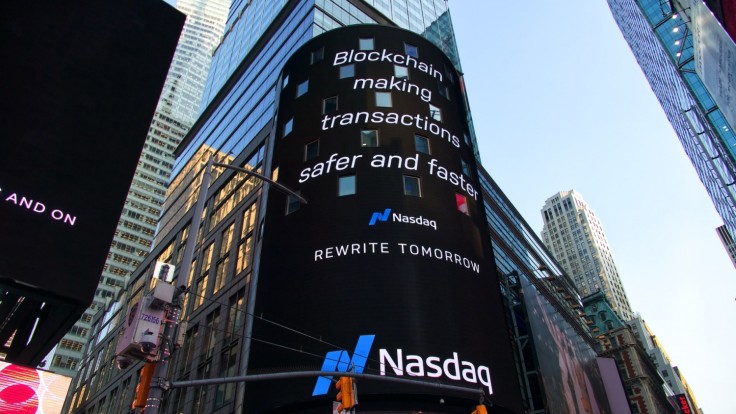Top 10 Benefits of Blockchain Technology for Business
By
Blockchain is becoming a very popular word, and not only among IT specialists or finance analysts. We hear about it in the news, and usually associate it with cryptocurrency and bitcoin mining.
However, it might come as a surprise that, in reality, blockchain has loads of potential for business implementation. In this article, we have tried to explain why you might be interested in exploring blockchain for your business. Let's dive in and explore some of the use-cases and their benefits.
Blockchain in a nutshell
As the name suggests, blockchain is a chain of blocks. Each block contains a piece of data and is encrypted using a unique hash. Similar technology was originally created to ensure document timestamps reliability. Then it was introduced in cryptocurrency by Satoshi Nakamoto in 2008.
How does it all work?
Once recorded, the chain is resistant to modification as the hash of one block contains all the hashes of the previous blocks, and can't be altered quietly without changing all the chain, therefore ensuring stability and consistency.
Should you invest in blockchain technology?
There's no easy answer to this question, after all, all big investments require a lot of analysis, market research and even consulting with experts in the field.
What we know at the moment is that the blockchain market increases rapidly, and is predicted to grow more than a hundred times, approximately to 163 billion dollars by 2027.
In this article, we've tried to list the key reasons why you might be interested in investigating blockchain further and possibly think of implementing it at your company.
1. Trust
Think how wonderful it is that you don't need to put a lot of effort and energy in finding out whether you can trust your business partners! With blockchain, all you need to do is rely on technology that ensures that all the records of your suppliers and vendors are recorded correctly and timely. That's why blockchain is being actively implemented in the supply chain industry.
2. Security
Blockchain ensures enhanced security as all the transactions are made only when all the key participants of this chain agree with the fact that the data is accurate and meets required criteria.
3. Decentralization
No one, and at the same time, everyone is in charge of approving the transactions. You don't have to hire a supervisor or a manager to make sure everything is working properly. Distributed responsibility among the participants works wonders when it comes to openness, transparency and accountability.
4. Transparency
Transparency is a really big deal for a business as it is a great way to enhance a quality of work, increase responsibility of employees for their work and make sure that everyone is on the same page.
5. Immutability and traceability
For some industries, like accounting, legal services or law enforcement, immutability can make a big difference, and so can blockchain. Let's consider an example when beef delivered to a restaurant went bad the same day. Blockchain allows to track the history from the farm to the restaurant to discover where exactly the standards of transportation were breached. In reality, blockchain is even used to make sure that bad or contaminated food doesn't reach a customer at all.
6. Workflow automation
Blockchain implements its logic through smart contracts - protocols which automatically execute when certain conditions are met. Blockchain eliminates the need for an intermediary to enforce contracts, verify transactions, or perform checks. This means that blockchain can more fully automate business processes.
7. Cost savings
According to a study done by McKinsey, using blockchain in the financial sector can reduce operational costs of transactions and lower annual operational costs for companies, as well as reduce investment risks.
Also, blockchain saves companies a lot of money by preventing data breaches and unnoticed contract breaches.
8. Tokenization
Blockchain can be a great tool for funding and investing. You can support other projects by investing in NFTs (non-fungible tokens) or in fungible tokens. At the same time, you can crowd-fund your project with the help of cryptocurrency.
9. Speed
Because there's no intermediary to approve transactions or agreements, blockchain can be a faster solution. However, sometimes, it takes more time to perform a transaction in a blockchain, so choosing the fastest transaction method really depends on your specific business case.
10. Innovation
Stay ahead of your competitors by implementing cutting-edge technology first! Innovative technologies like blockchain open new possibilities for everyone, so it's high time to explore them.
Conclusion
Blockchain is a great and promising technology that yet needs to grow and scale up. At the same time, the fact that it's already being actively implemented by top companies like IBM, shows that the technology is mature enough to be considered for your business.
© 2025 University Herald, All rights reserved. Do not reproduce without permission.








